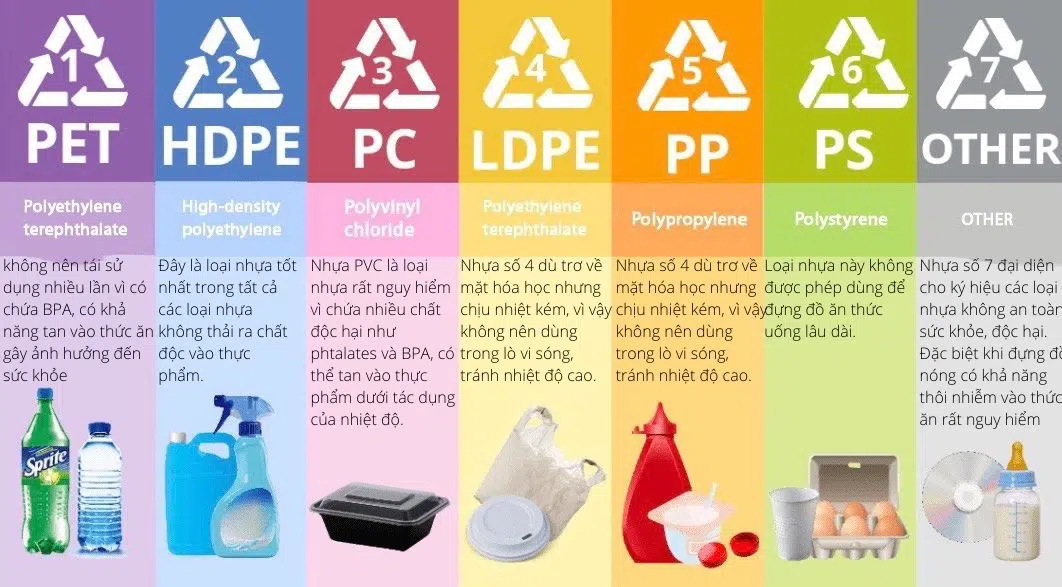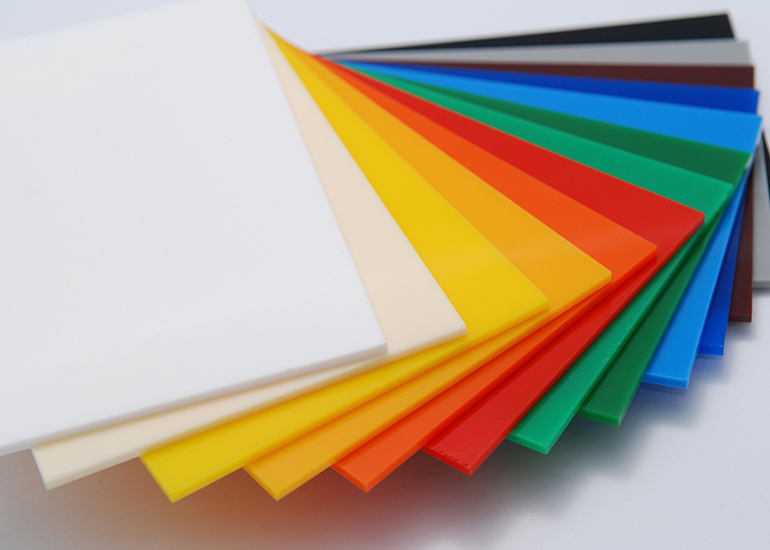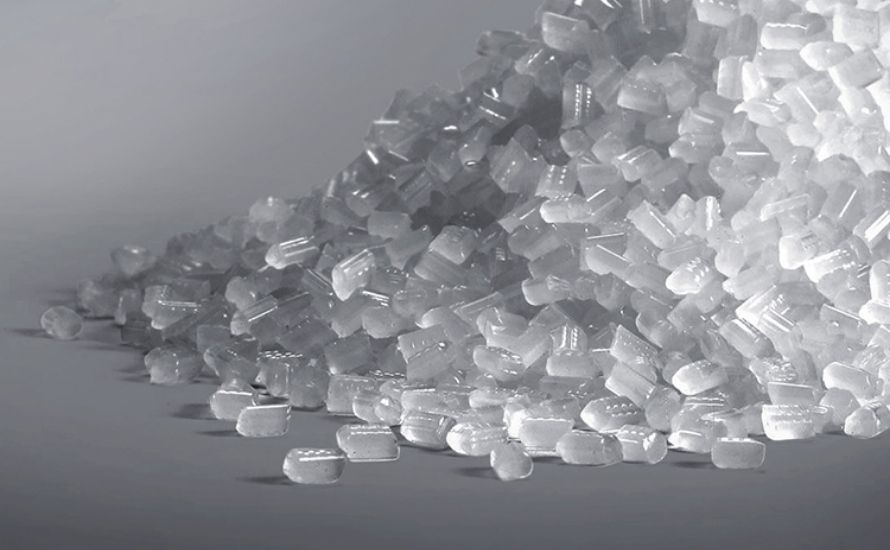Recycled plastic granules are common materials and are divided into many different types. In the following article, TAELIM will share about these types of plastic and the standard production process at the factory for you to understand.
Learn about what recycled plastic granules are?
Recycled plastic particles, in English called Recycled Plastic Particles, is a general term used worldwide to refer to plastics produced from collected plastic waste. The plastic recycling process includes the steps of sorting, crushing, cleaning and melting. Once completed, the plastic mixture will be put into a press to create fibers or plastic particles.
Because it is recycled from plastic waste and can be reused many times, recycled plastic granules have a lower price than other types of virgin plastic. This helps reduce production costs while still ensuring economic efficiency.
Furthermore, the recycled plastics industry contributes positively to energy saving, environmental protection and natural resource conservation, helping to minimize negative impacts on the ecosystem.
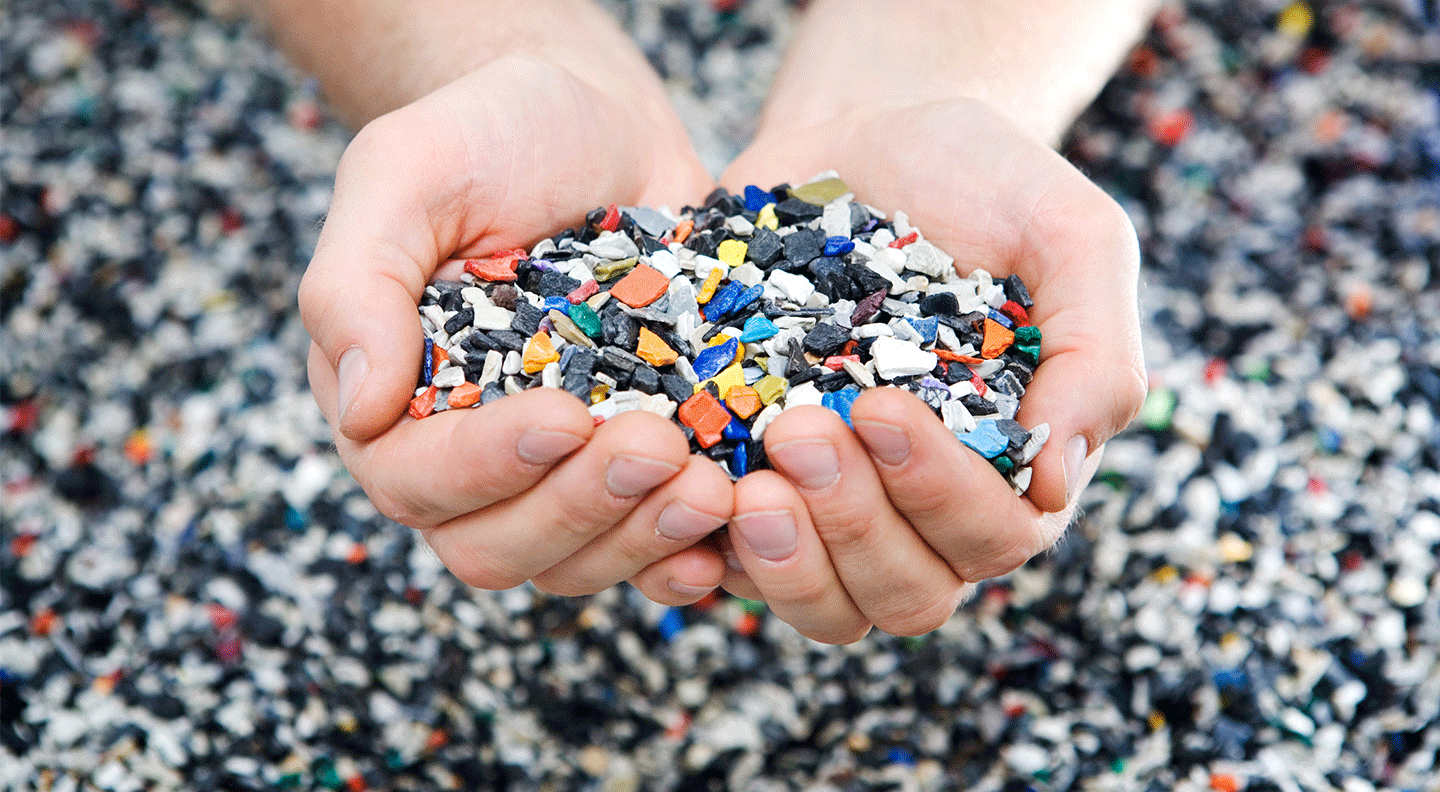
>>> See more: Outstanding Features And Basic Applications Of Recycled ABS Plastic
Some popular types of recycled plastic granules
Recycled plastics are becoming increasingly popular due to their low cost and wide range of applications in many fields such as industry, clothing, household goods and packaging. Below are common types of recycled plastics along with their practical applications:
PE recycled plastic granules
Recycled Polyethylene (PE) plastic is made from virgin or recycled PE plastic waste. Recycled PE plastic is known for its toughness and is often used to produce products such as plastic bags, PE film for wrapping goods on pallets, and many other products.
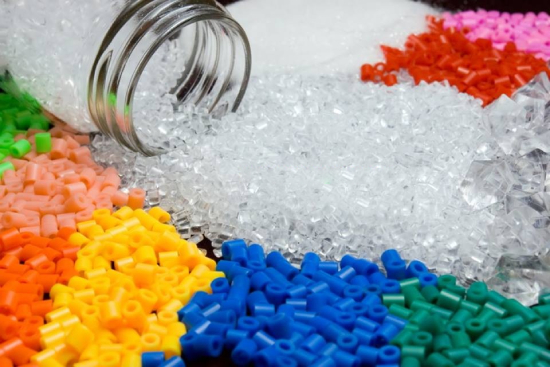
HDPE recycled plastic granules
Recycled High Density Polyethylene (HDPE) plastic is durable and does not fade. HDPE products are resistant to oxidation, do not leak liquids, and have good impact resistance. With a fire resistance temperature of up to 327˚C, HDPE plastic is often used in the production of household appliances, fishing nets, fiber optic cables, drainage pipes, and plastic packaging.
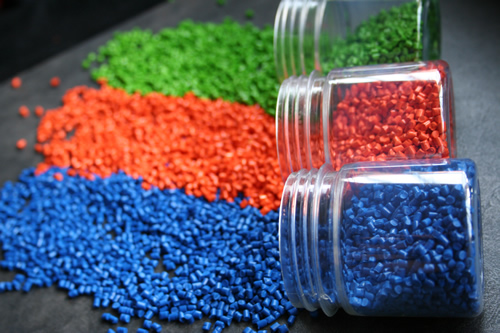
PP recycled plastic granules
Recycled Polypropylene (PP) is an ideal raw material in the textile and injection molding industries. Products made from PP plastic are notable for their high hardness and durability. Applications of PP plastic include laboratory equipment, stationery, ropes, and packaging.
ABS recycled plastic
Acrylonitrile Butadiene Styrene (ABS) is a recycled plastic commonly found in motorcycle and car parts, cans, and musical instruments. ABS plastic has good toughness and impact resistance, but the value of ABS plastic products is often lower than that of the original products.
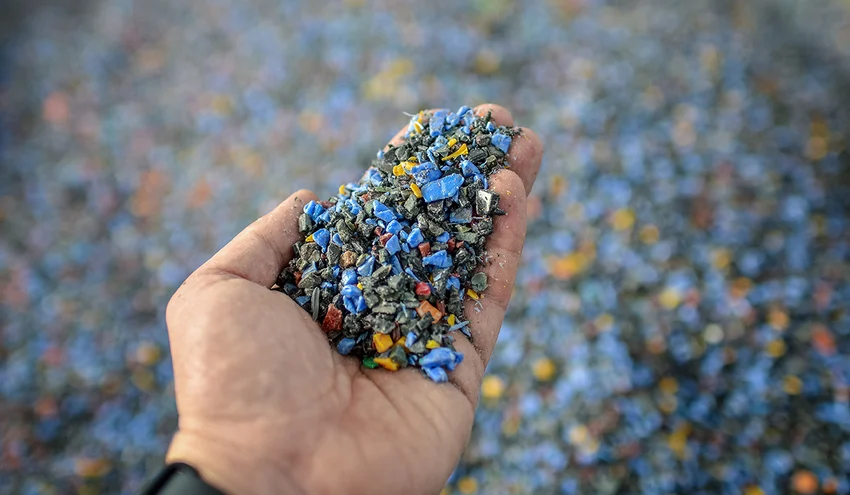
PVC recycled plastic granules
Recycled Polyvinyl Chloride (PVC) is produced from recycled PVC waste. PVC products such as oil pipes, electrical plugs, and pallet nets are improved with fire resistance, impact resistance, and strength, making the products more durable and have many superior properties.
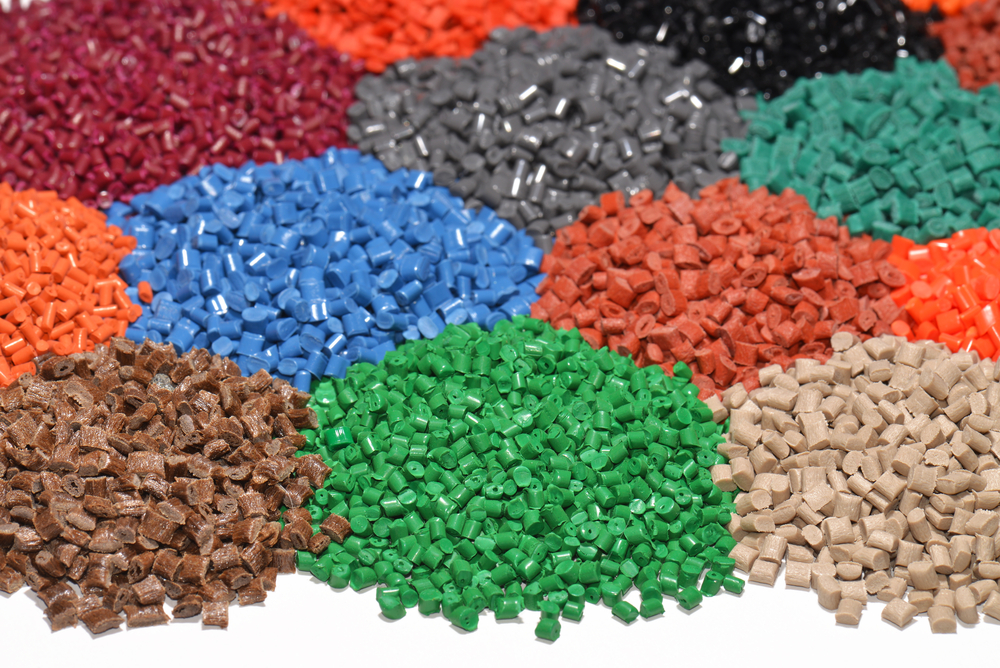
EPS recycled plastic granules
Expanded Polystyrene (EPS) is an expanding plastic that has the ability to absorb shock and withstand compression well. EPS is often used in the production of packaging to protect fragile goods, helping to protect fresh foods such as fruits and seafood. In particular, EPS plastic is safe for users' health and has the ability to effectively resist moisture and dirt, helping to protect goods during transportation.
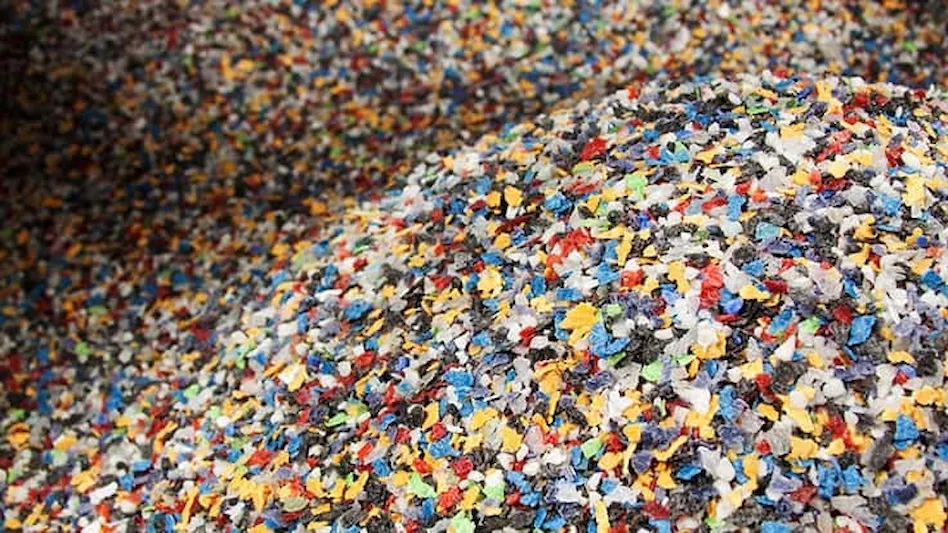
Process of producing recycled plastic granules
Recycled plastics are made from virgin plastics or even recycled plastics themselves through multiple recycling cycles. Products made from virgin plastic granules such as packaging, medical equipment, and plastic cans are collected and processed into plastic scrap. This scrap is then sorted to remove impurities such as metal, paper, labels, and other waste, leaving only the virgin plastic.
Next, the sorted plastic scrap is shredded into small pieces called “flakes.” These flakes go through a cleaning process to completely remove dirt and packaging labels. They are then fed into a melter and pressed through an extruder to form plastic fibers that resemble vermicelli noodles. Finally, these fibers are shredded into recycled plastic pellets, which are used as raw materials for new plastic products.
However, it should be noted that recycled plastic cannot achieve the same purity as virgin plastic. Its quality will gradually decrease with the number of recycling times and the impurity content may increase, which also leads to a lower price than virgin plastic.
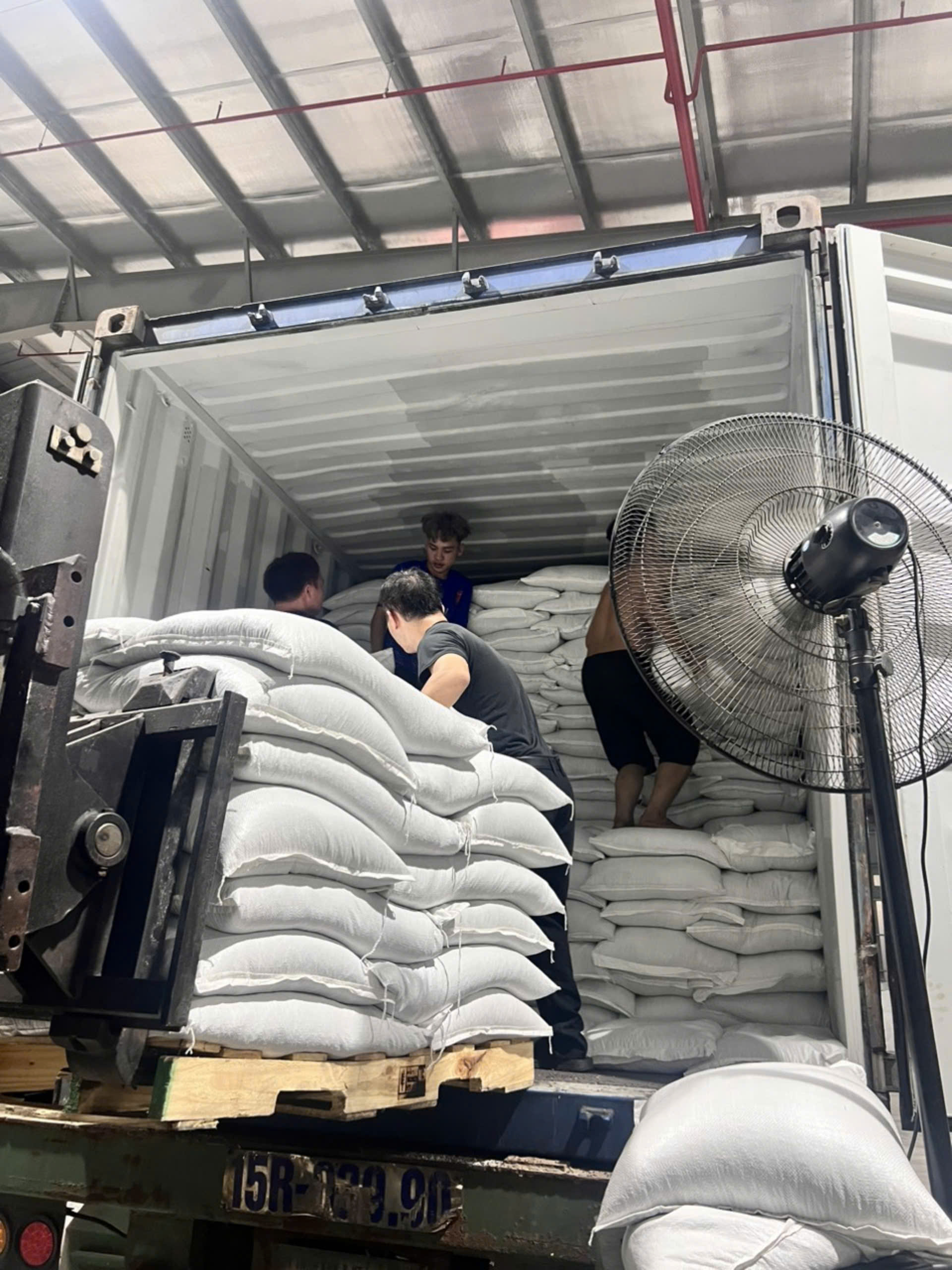
>>> See more: Comparison of Properties of PET and PP Plastic & Basic Applications
Above, TAELIM has shared information about recycled plastic granules with popular types and basic production processes. Hopefully, through this, you have a better understanding of this popular plastic and can choose a reputable production address.
TAELIM International Transport Company Limited
With the desire to support the development of the plastic industry by providing high quality plastic pellets and services. Taelim Plastic is one of the Vietnamese plastic companies with many years of experience, with a long history of development, specializing in the production, trading, import and export of recycled pellets. By applying advanced technology, meeting European standards with a strict process, we ensure to bring customers the best products and services.
ADDRESS: SH109 Vinhomes Marina, Hai Phong
PHONE: (+84) 9815 888 16
EMAIL: hatnhua.taelim@gmail.com
